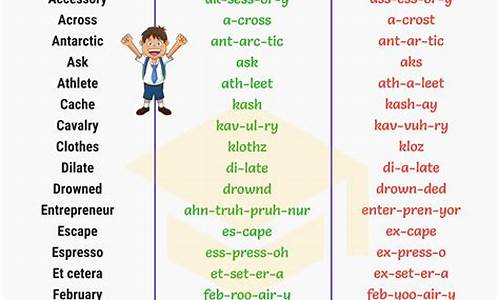Common Misconceptions About Healthy Eating

Healthy eating is often a topic filled with confusion, myths, and misunderstandings. Many people believe they are eating healthily, but they may unknowingly follow habits that are not beneficial to their overall well-being. In this article, we will explore some of the most common misconceptions about healthy eating and clarify what it truly means to have a balanced, nutritious diet.
1. Low-Carb Diets Are Always Better
One common misconception is that low-carb diets are always the healthiest option. While cutting down on refined carbs like white bread and sugary foods can improve health, completely eliminating carbs is not necessary. Carbohydrates, especially from whole grains, fruits, and vegetables, provide essential nutrients and energy. A balanced diet should include a variety of carbs in moderation.
2. Fat-Free Means Healthy
Many people assume that fat-free foods are automatically healthy, but this is not always the case. Often, fat-free products are loaded with sugars, artificial additives, and preservatives to enhance flavor. Healthy fats from sources like avocados, nuts, and olive oil are crucial for your body and should be part of a balanced diet.



3. Organic Foods Are Always Healthier
While organic foods can offer certain benefits, such as reduced pesticide exposure, they are not always significantly healthier than conventionally grown foods. It’s essential to focus on the overall quality of your diet, including eating a variety of fruits, vegetables, and proteins, whether they are organic or not.
4. All Processed Foods Are Unhealthy

Not all processed foods are bad for you. For example, frozen vegetables and canned beans can be just as nutritious as their fresh counterparts. The key is to avoid ultra-processed foods high in unhealthy fats, sugars, and salt. Instead, choose minimally processed items to ensure you are getting the most nutrients.
5. Eating More Protein Is Always Beneficial
Although protein is essential for muscle growth and repair, consuming excessive amounts does not necessarily improve your health. It is important to get the right amount of protein based on your activity level, age, and health goals. Too much protein can strain the kidneys and lead to other health issues.
Conclusion
In conclusion, healthy eating is not about following extreme diets or relying on misleading food labels. It’s about making informed choices, balancing different food groups, and focusing on nutrient-dense options. By understanding the facts and clearing up these common misconceptions, you can make better decisions for your long-term health.